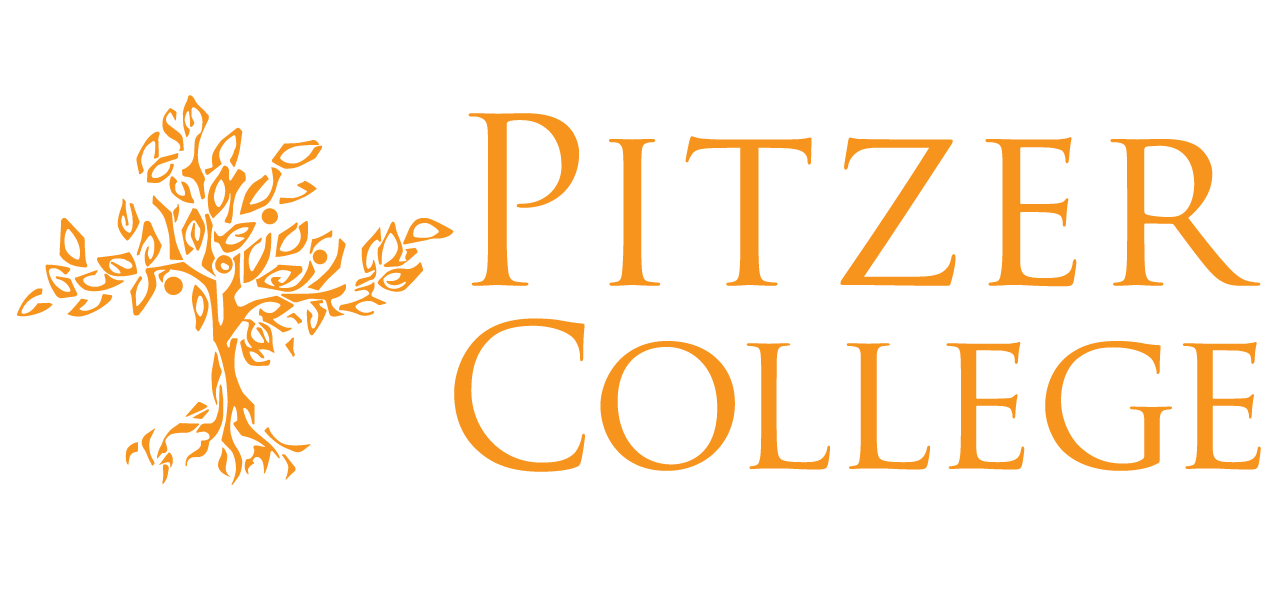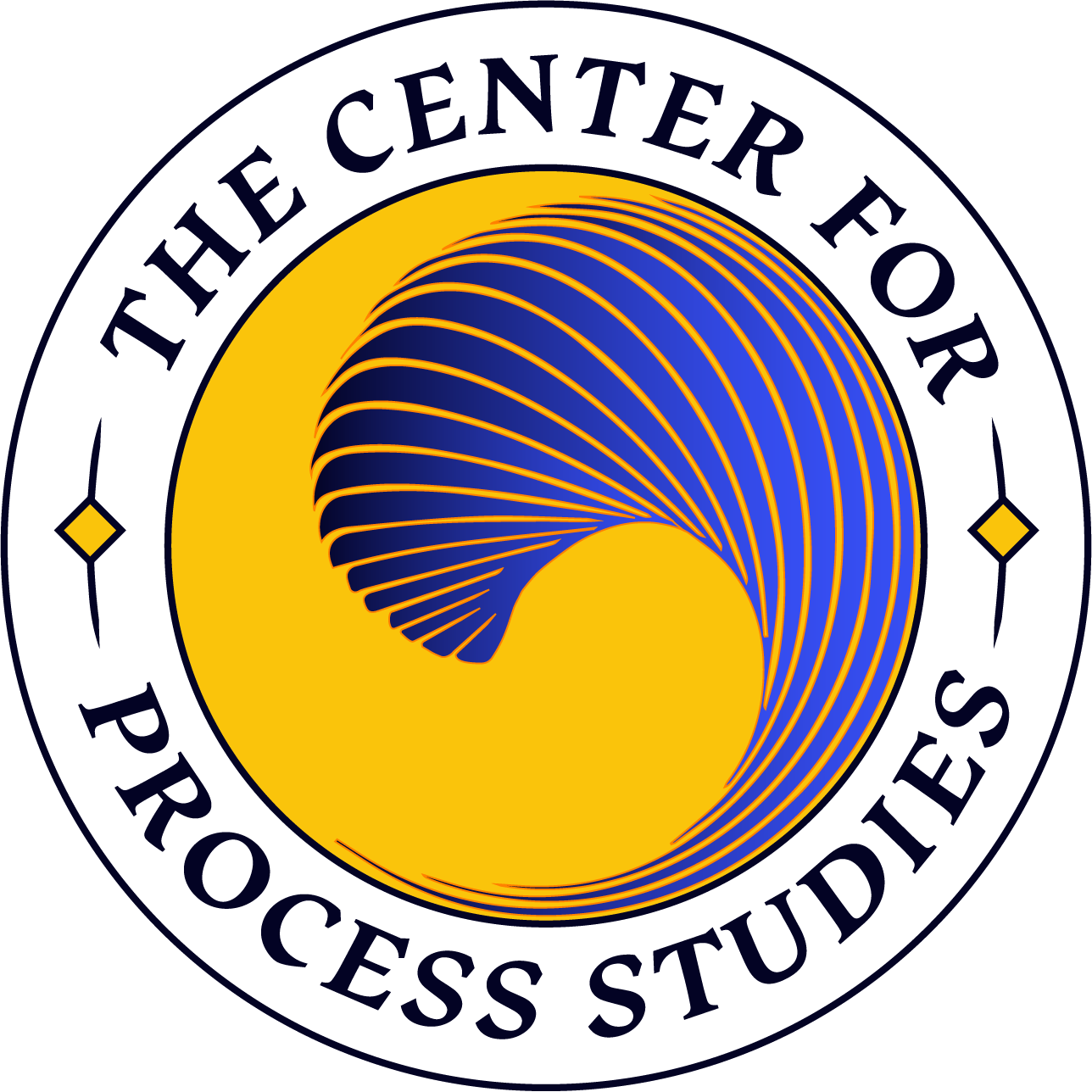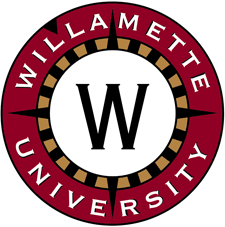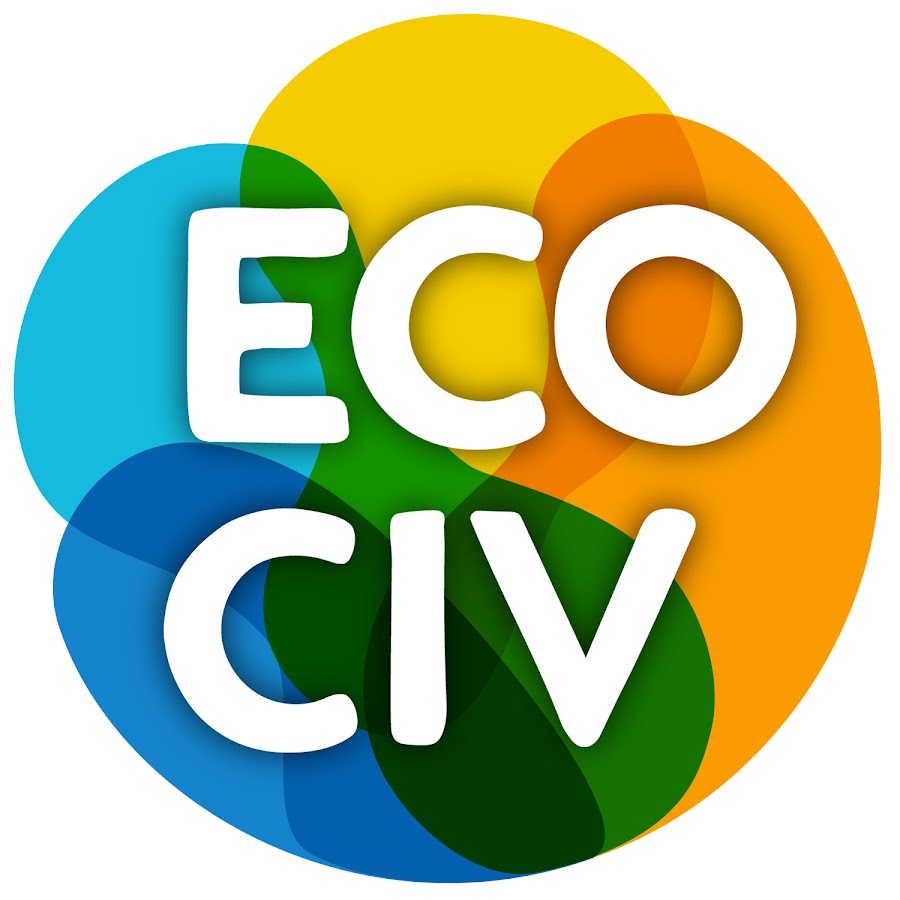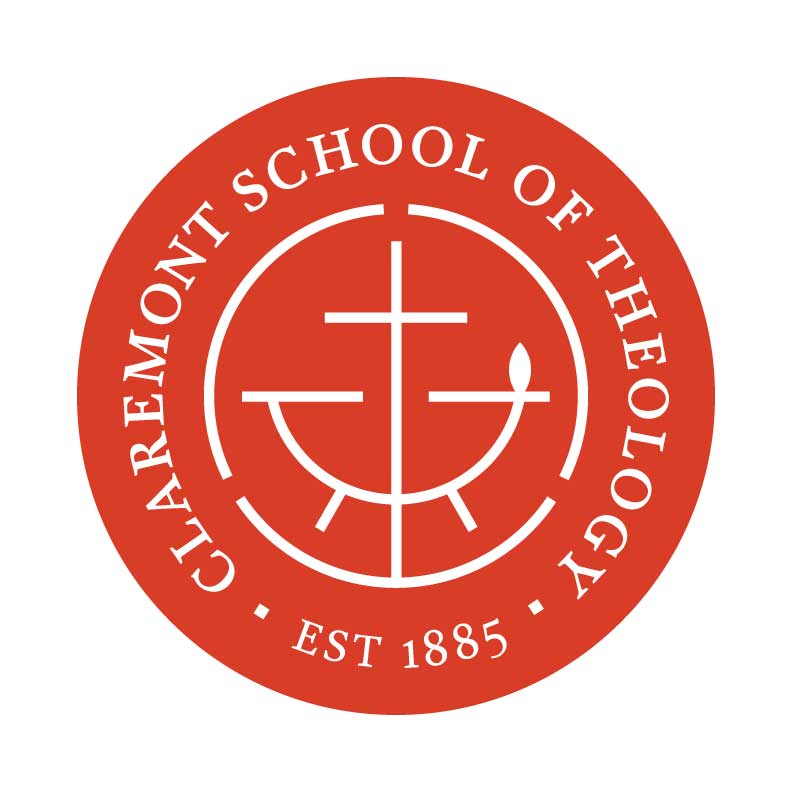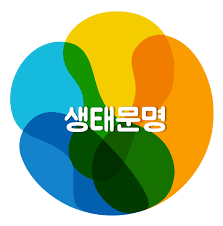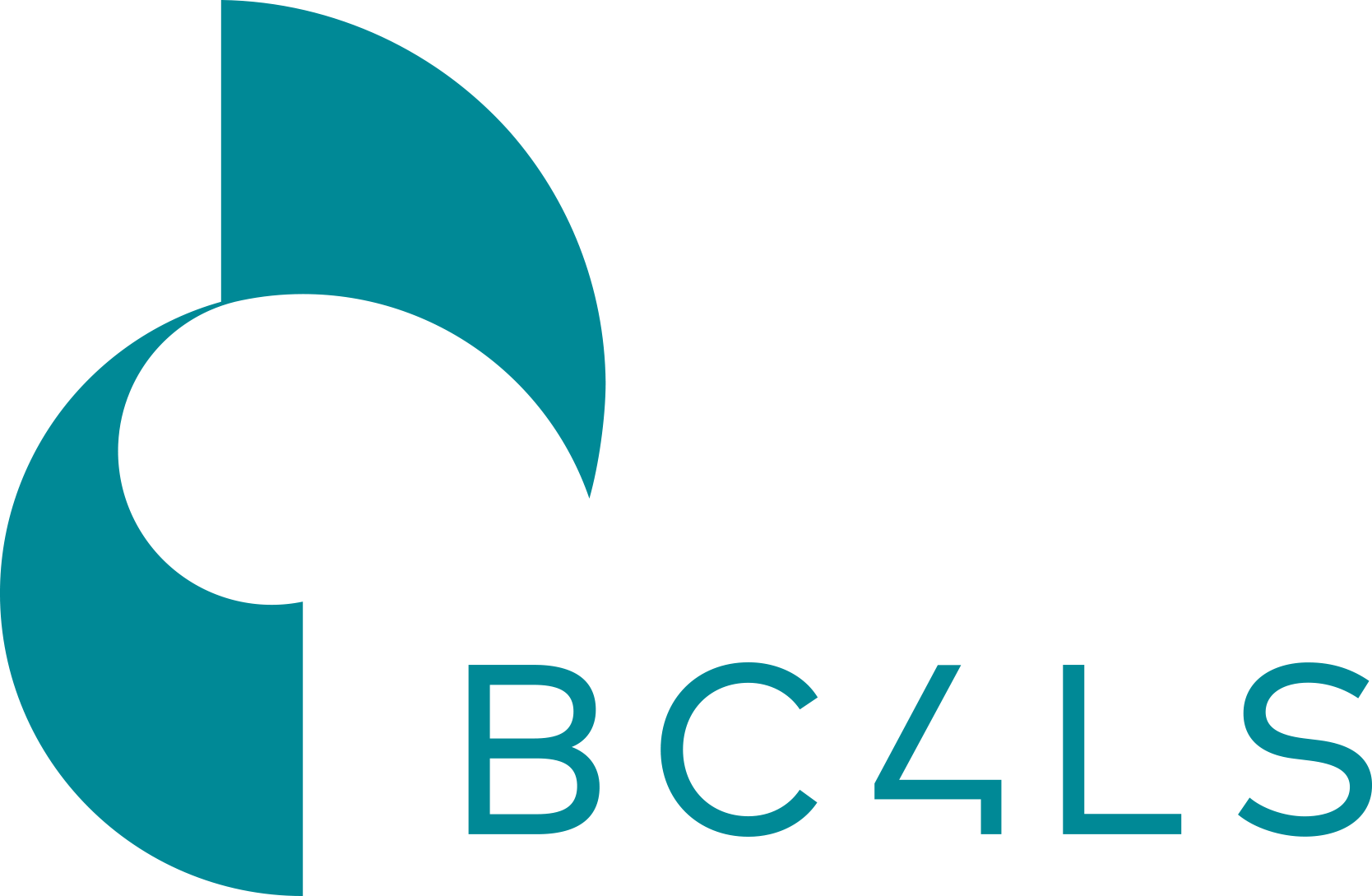ABOUT THE FORUM
2024 FOCUS
Ecological Civilization moves away from modern industrial civilization. The signs of the times have demonstrated that it will be the next stage of human development. The 17th International Forum on Ecological Civilization and the 6th International Youth Forum on Ecological Civilization are taking place in this context. They seek to further promote ecological civilization through research and practice and effectively address current ecological crises facing global community. The forums are scheduled to be held on May 24 – May 25, 2024, in Claremont, CA.
SUB-TOPICS
- Organic Process Thought and Ecological Civilization
- Sustainable Development and Ecological Civilization
- Ecological Civilization and Green Development
- Theoretical Explorations of Ecological Civilization around the World
- Practical Explorations of Ecological Civilization around the World
- Reflecting on Misconceptions of Western Modernization
- Chinese style Modernization and Ecological Civilization
- The "Second Integration" and Ecological Civilization
- Marxism and Ecological Civilization
- The Significance of Constructing Eco-villages for Ecological Civilization
- The Role of Eco-communities in Constructing Ecological Civilization
- Creative Transformation of Traditional Wisdom and Ecological Civilization
- The Role of Science and Technology in Constructing Ecological Civilization
- The Role of AI in Constructing Ecological Civilization
- The Significance of Corporate Ecological Transformation for Ecological Civilization
- The Significance of Organizational Ecological Transformation for Ecological Civilization
- What Kinds of Educational Reforms Does Ecological Civilization Call For?
- What Kinds of Ecological Persons Does Ecological Civilization Need?
- The Role of Youth in Creating Ecological Civilization
- Why Is personal Ecological Awakening Important?
PROPOSAL SUBMISSIONS
If you wish to present your paper at this international conference and have it included in the conference proceedings, please submit a 500-word abstract in English outlining your ideas. The deadline for abstract submission is May 10, 2024. Please email your submissions to eco-conference@postmodernchina.org.


